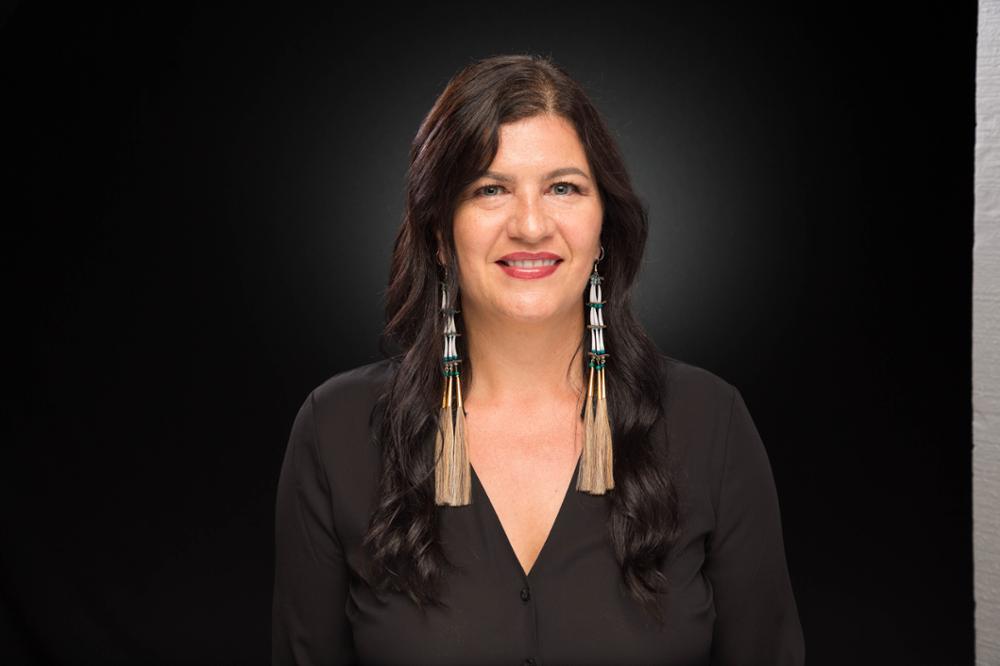It is with a deeply heavy heart that I write this statement in response to the tragic events that took place this past weekend in the communities of James Smith Cree First Nation and the nearby village of Weldon, both located in Treaty 6 Territory, kîwītinohk kisiskâciwan (in north Saskatchewan).
As a result of the devastating events, we now know that 11 people are deceased and 18 more are confirmed injured. This is the first event of this type within our Indigenous communities and the shock felt is tremendous. As this situation continues to unfold in live time, and our province, and country, await resolution, we feel stunned. It may still be a long time before we are able to process why and how this happened.
Not only has this tragedy intimately affected each of the more than 3,400 residents of James Smith and the 200 residents of Weldon, it also affects many members of our University and the broader community of Saskatchewan. Indeed, many from all over the world are feeling the impact and sending love and support. Thank you. We are grateful.
It won’t be easy, but wîcihitotân – let’s all help each other. We will heal together. Lori Campbell, Associate Vice-President, Indigenous Engagement
Indigenous and small town communities are all interconnected, with extended family and relations that intersect across several individual communities. I acknowledge that each deceased or injured person from this tragedy has family, friends, relations and community members who love and care for them. My heartfelt condolences go out to each and every one of you that have been affected so intimately by this tragedy. To my Indigenous relatives, I know you are hurting. I want you to remember that the undeniable strength and perseverance of our ancestors runs through our veins and we can draw on the strength and guidance of our ancestors to help get us through this difficult time.
The upcoming days, weeks and months will be difficult for many. It will challenge us mentally, emotionally, spiritually, and physically. I humbly ask that all extended relatives, friends, allies and community members walk gently alongside those most deeply affected by these events as we navigate through this devastating experience.
If there is one thing that I know about small communities, like the province of Saskatchewan, it is that we are good at drawing on love, kindness and compassion to rally support when other community members are suffering – and I know this time will be no different.
It won’t be easy, but wîcihitotân – let’s all help each other. We will heal together.
Lori Campbell,
Associate Vice-President, Indigenous Engagement
Banner image credit: Lori Campbell
Truth & Reconciliation is one of five areas of focus in the University of Regina's 2020-2025 Strategic Plan kahkiyaw kiwȃhkomȃkȃninawak - All Our Relations. We strive to honour and integrate Indigenous ways of knowing and being in our teaching and research endeavours.
About the University of Regina
Set in the heart of the Canadian prairies we are a comprehensive, mid-sized university where the opportunities are as limitless as the horizon. Our campuses are on Treaty 4 and 6 - the territories of the nêhiyawak, Anihšināpēk, Dakota, Lakota, and Nakoda peoples, and the homeland of the Michif/Métis nation. It is our responsibility to strengthen relationships with Indigenous communities to build a more inclusive future for all. Our three federated colleges, 10 faculties, 25 academic departments, and 18 research centres foster innovative research with practical and theoretical applications. We are committed to cultivating the potential of our 16,000 students and supporting their health and well-being. We take learning beyond the classroom through work and volunteer experiences to develop career-ready graduates.
Let’s go far, together.
